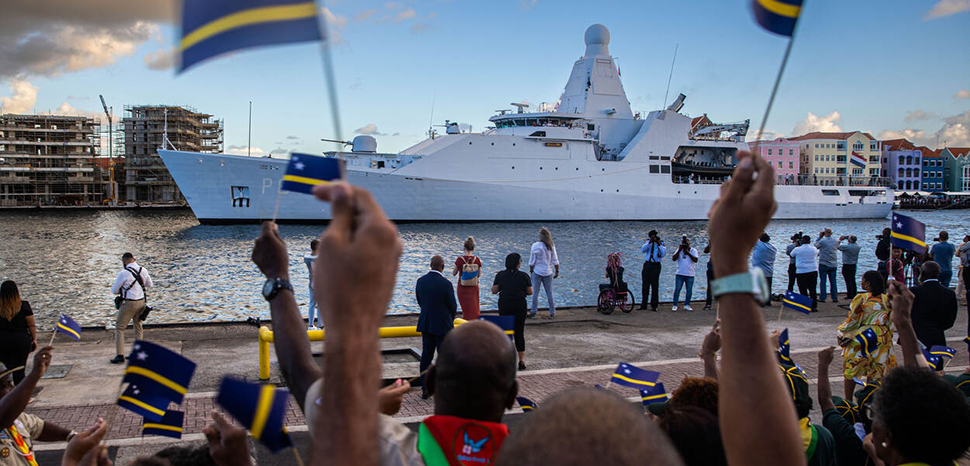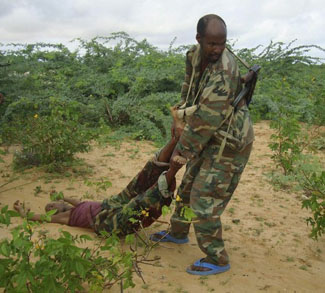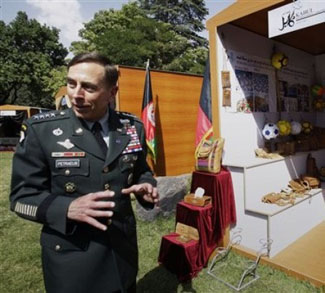King Willem-Alexander, Queen Máxima, and their eldest daughter, Princess Catharina-Amalia, of the Netherlands, took a tour of the six islands across the Dutch Caribbean between 27 January and 9 February. Their voyage to the Western Hemisphere took them to Aruba, Bonaire, Curacao, Saba, Sint Eustatius, and Sint Marteen, which together constitute the Dutch Caribbean, part of the Kingdom of the Netherlands.
The visit had a significant component: the royal family was transported from Aruba to Curacao aboard the Holland-class offshore patrol vessel HNLMS Holland (P-84), the current station ship assigned to the Dutch Caribbean, and also aboard a FRISC interceptor craft. These two voyages bring attention to an essential component of the Dutch military, which is not commonly known except to defense analysts: the Dutch Caribbean defense force.
The Kingdom post-2010
After decades of debate and negotiation, the Dutch Antilles ceased to exist in 2010. Aruba had already left the Antilles in 1986 and became a constituent country within the Kingdom; after 2010, Curaçao and St Maarten achieved a similar status, while the islands of Bonaire, Saba, and Sint Eustatius are now special overseas municipalities (bijzondere gemeenten).
While three of the islands are autonomous, “only the Kingdom of the Netherlands can be considered a state. Only the Kingdom – not the individual autonomous countries or the public bodies – has international legal personality,” explains a fact sheet from the Dutch Ministry of Foreign Affairs. Moreover, as head of state of the Kingdom of the Netherlands, King Willem-Alexander is represented in each of the autonomous countries across the Dutch Caribbean by a governor who “represents and guards the interests of the kingdom and is the head of the government for the autonomous countries.” Additionally, Aruba, Curaçao, and St Maarten each have their government, constituted by a parliament, with a prime minister.
The Dutch Caribbean Defense Force
While the islands have local law enforcement and security agencies, The Hague remains in charge of the foreign and defense policies. Thus, The Hague maintains a permanent military presence across the Dutch Caribbean via rotating troops and equipment.
A key agency is the Dutch Caribbean Coast Guard (DCCG, or Kustwacht Caribisch Gebied: KCG), which has facilities in Aruba, Curaçao, and Sint Marteen. This agency carries out missions involving search and rescue, law enforcement, and maritime interdiction. The DCCG’s fleet includes three Damen Stan Patrol 4100 cutters, Jaguar, Panther, and Puma, five Boston Whaler Justice 20 craft, and 12 Metal Shark Defiant interceptor vessels. In addition, in April 2022, the Dutch organization for defense equipment (Defensie Materieel Organisatie) announced that two helicopters were acquired from Bristow Helicopters and will be delivered in 2023. The DCCG currently operates two DHC-8 aircraft and two AgustaWestland AW139 helicopters.
The DCCG’s surveillance capabilities were expanded in late March 2022, with the arrival to Curaçao of three General Atomics MQ-9A Reaper unmanned aerial vehicles and two ground stations. The Reapers assist Dutch Caribbean military personnel in combating organized crime and illegal fishing, among other activities. They will remain in Curacao until 1 July 2023.
The DCCG also has a rotating station ship. The current platform in the region is the aforementioned HNLMS Holland (P840). Previously the HNLMS Friesland (P842) was also deployed.
There are other military units like the West Company (Compagnie in de West: CidW), a permanent deployment in the Caribbean of the Royal Land Force. The Company is comprised of a rotating unit from The Netherlands. On 8 March 2022, the 38th rotation transferred its duties to the 39th rotation from the 12 Infantry Battalion Regiment of Heutsz, a unit of the 11 Airmobile Brigade. “This company, the Bravo ‘Wonju’ company, is no stranger [to the area as it was previously tasked] as a CLASS company in the Caribbean in 2019. They plan to train in both Aruba, Bonaire, and Curaçao for the next four months,” explained the Bonaire news agency NosTv Bonaire at the time of the transfer. Another defense unit is the Volunteer Corps Curaçao (Vrijwilligers Korps Curaçao: VKC). There are also several law enforcement agencies across the islands.
What are the threats to the Dutch Caribbean?
The DCCG’s 2022 plan describes Venezuela as having “destabilizing consequences for the entire region” that will affect the DCCG’s operations, particularly in Aruba and Curaçao. The two islands also face “significant” challenges due to “migration and illegal cross-border activities” originating in Venezuela. In addition, the defense forces train and participate in search and rescue (SAR) and humanitarian assistance/disaster relief (HA/DR) missions.
Combating drug trafficking is vital as narco-speedboats and other vessels transport drugs from South America, especially Venezuela, across the Caribbean. For example, in August 2021, the OPV HMLS Holland and the US Coast Guard seized 1,325 kilos of drugs as smugglers transported the narcotics in a speedboat south of Curaçao. As a result, a total of 12 people were arrested. Furthermore, in two operations in March 2022, HMLS Friesland intercepted approximately 850 kilos of contraband in Caribbean waters. In both instances, “Caribbean Coast Guard and US Coast Guard maritime patrol aircraft detected drug shipments by go-fast [vessels],” reported the Dutch Ministry of Defense. The Dutch station ships assigned to the Dutch Caribbean intercepted over 35 thousand kilos of drugs in 2022.
Weapons trafficking is a significant problem for the islands as none manufacture weapons; hence any weapon utilized for crimes is necessarily brought from abroad. In recent years there has been a rise in criminality across the islands. While there are no drug cartels or guerrilla movements, the situation is worrisome. The COVID-19 pandemic and economic woes that cause limited job opportunities could force some individuals to commit crimes to survive.
Finally, migration is another concern. While it is not a security threat in the traditional sense, it is a problem for the islands. Although thousands of Venezuelans have arrived on the islands, most will use them as a stepping stone to move to Europe or the United States. Others will stay and look for housing and employment opportunities. Unfortunately, Venezuelans risk their lives on the voyage to the Dutch Caribbean. In mid-February 2022, 13 Venezuelans were rescued by the DCCG when their vessel was detected near Curaçao. “The individuals [six women, six men, and one child] reported that their vessel had experienced motor failure and they were unable to sail further,” reported Loop News, meaning that the DCCG’s role was pivotal in saving their lives. If the refugees had not been located, something terrible would have likely happened. The DCCG has engaged in other successful search-and-rescue operations at sea more recently, including rescuing two men aboard a capsized boat in early-February 2023.
Analysis and final thoughts
The Dutch Caribbean is in a curious situation. The six islands that constitute the Caribbean area of the Kingdom of The Netherlands do not face a traditional existential threat – the occasional verbal threat from the Nicolas Maduro regime in Caracas notwithstanding. Instead, the security and defense threats the islands face are more problematic to defeat, like IUU fishing and drug trafficking, and other types of smuggling which require a constant presence to intercept suspicious vessels and aircraft. Moreover, while the islands are located in an area that does not constantly put them at risk of extreme weather events like hurricanes, these natural disasters do occur. For example, Hurricane Lisa passed close to Curacao in 2022, though it did not make landfall.
According to the Dutch government, during their trip between Aruba to Curacao aboard HMLNS Holland, the Dutch monarchy discussed “the deployment of the Ministry of Defense in the Caribbean, followed by a ship tour and demonstrations. Defense contributes to security in all parts of the Kingdom of the Netherlands.” There is an interesting caveat to this statement. The visit to the Dutch Caribbean was the first official royal tour by Princess Catharina-Amalia since she turned 18, identifying her as the next queen. Hopefully, when she becomes Queen Catharina-Amalia, she will continue to recognize the importance of agencies like the DCCG to the integrity and protection of the three autonomous nations and three overseas municipalities that constitute the Dutch Caribbean.
The author would like to thank Vanessa van Arendonk for her research assistance.
The views expressed in this article belong to the authors alone and do not necessarily reflect those of Geopoliticalmonitor.com.




